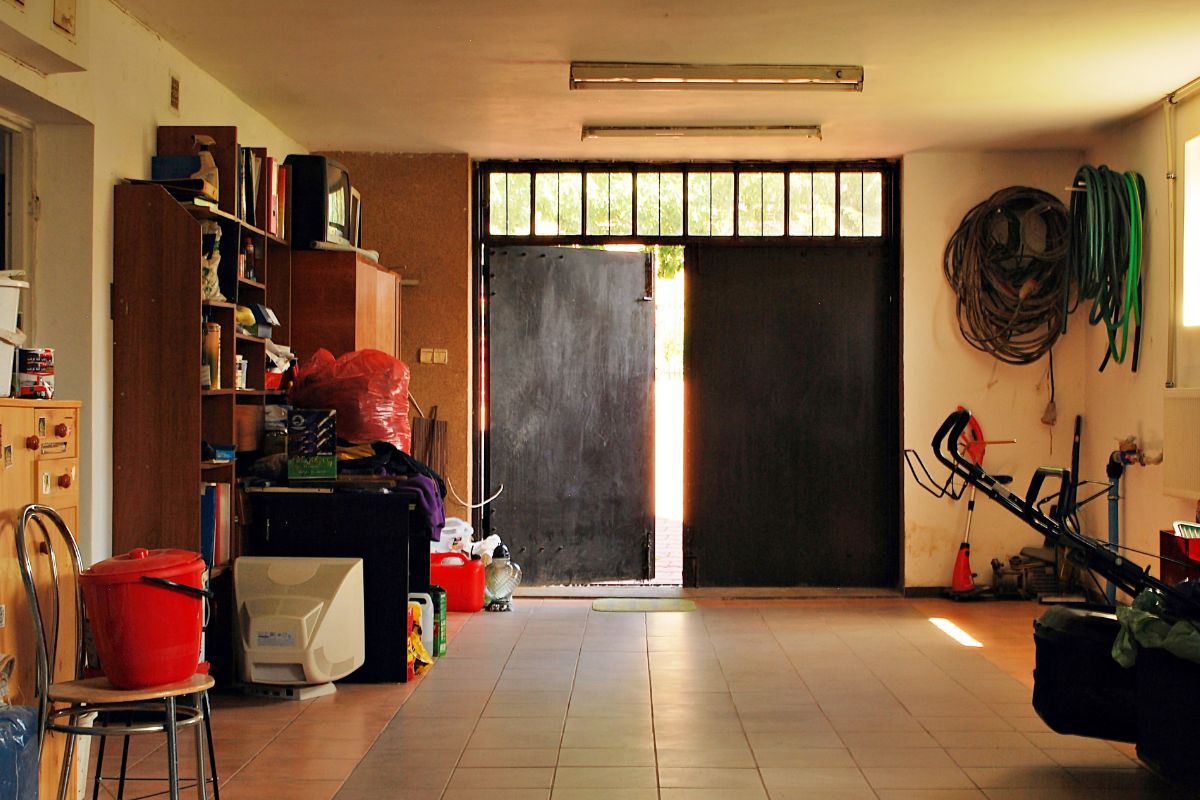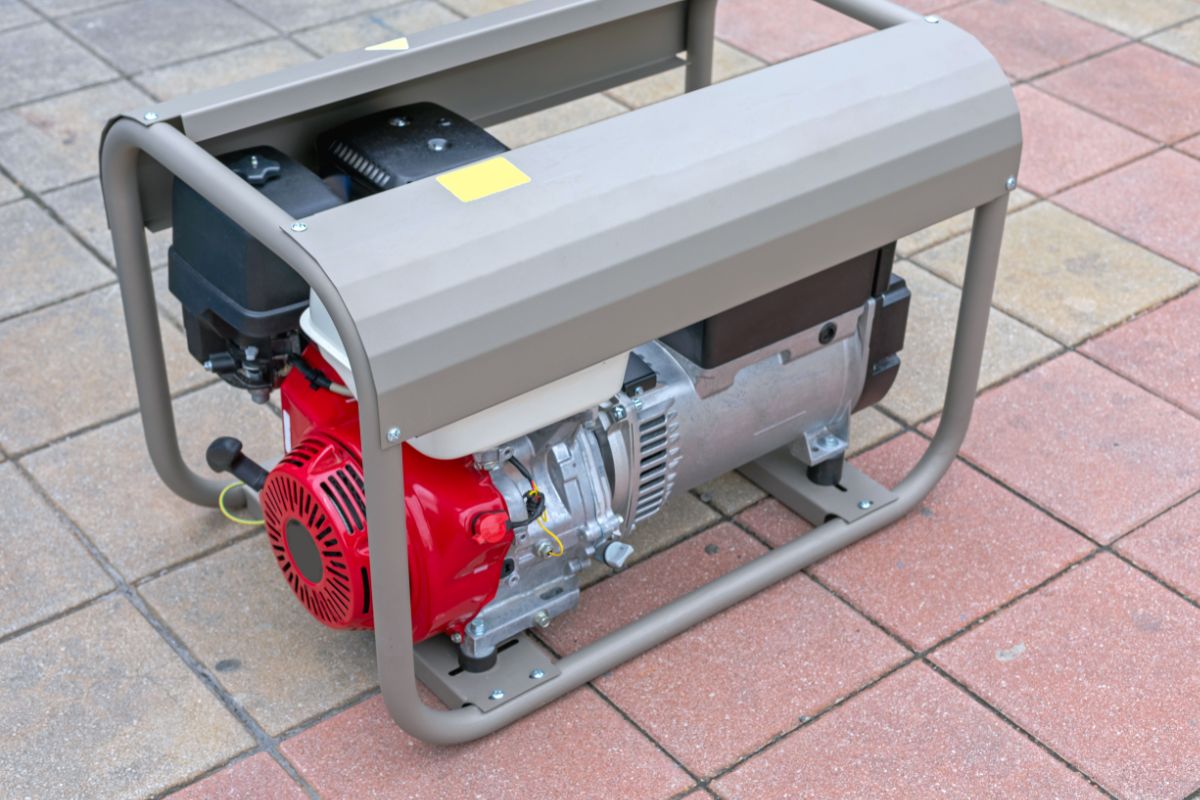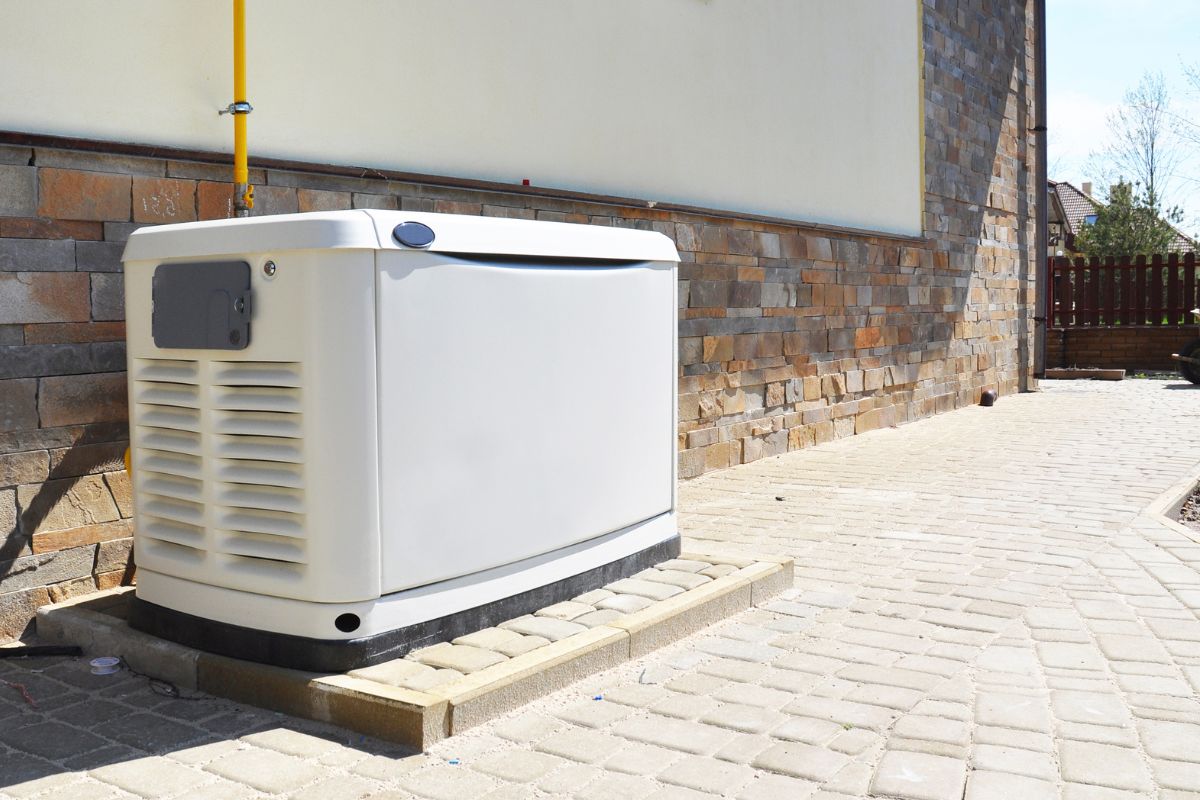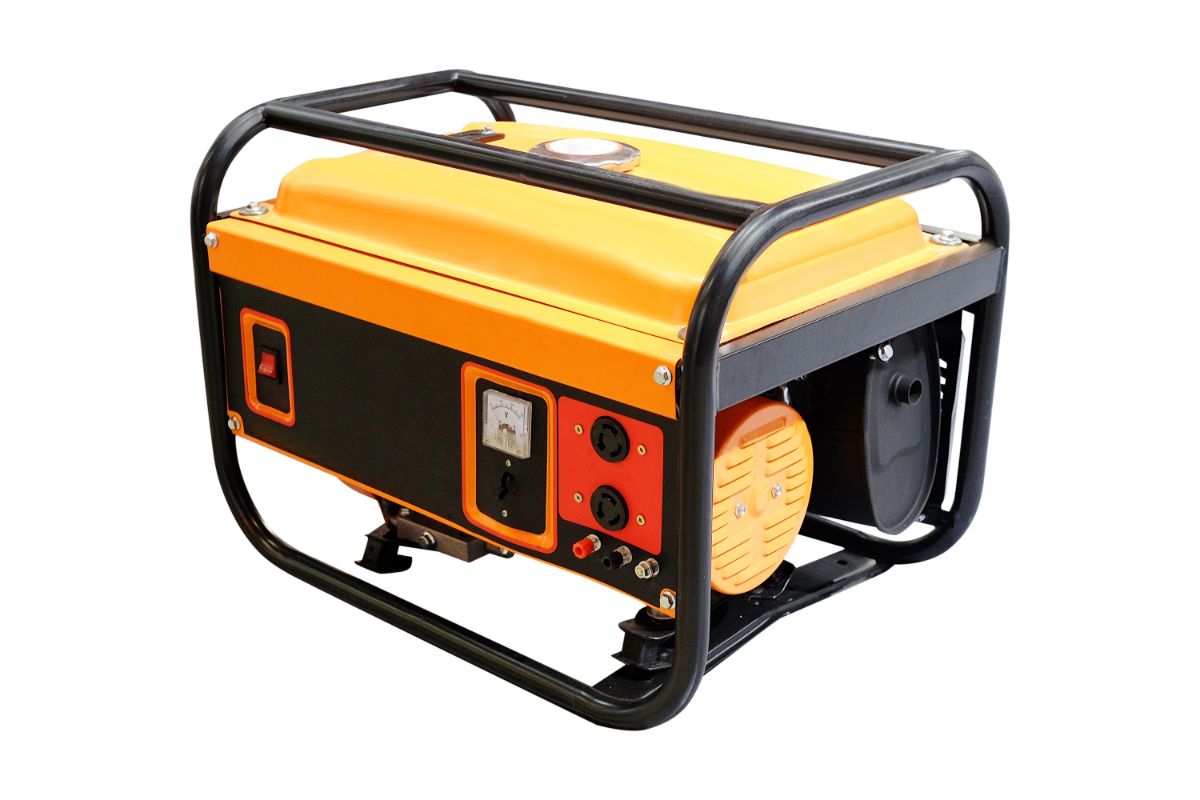In the world of commercially available solar power, there seems to be two distinct markets taking shape.
One leans into static arrays, the kind you’ll see glistening on rooftops. The other focuses almost solely on mobility and the panels you can fold up and take with you anywhere.But between these market poles, there exists something of an anomaly: the Renogy 12 v, 100-watt solar panel.
This photovoltaic peculiarity doesn’t seem to fit in either of the established niches, rather, it dips into both, which is what piqued my interest.

I wanted to find out if this solar panel was really killing two birds with one stone or if it fell into the classic Jack of all trades, master of none category alongside so many other products that came before it. After finally getting my hands on one, here’s what I discovered.
Renogy 12 Volt Solar Panel 100 Watt
Need answers now? No problem. Check out my Renogy 12 V Solar Panel pros and cons list for a digestible summary of my findings.Pros
- Compact design
- Pristine build-quality
- Bypass diodes ensure efficiency in partial shade
- Output almost matches advertised spec
- Protective coating extends service life
- Lightweight for solid panel
- Tons of pre-drilled mounting holes
- Robust, corrosion-resistant frame
- Wide compatibility
Cons
- Not as portable as some may like
- It’s not cheap
- Cables could be a bit longer (if I’m being picky)
Renogy 12 Volt Solar Panel At A Glance
The Renogy 12 V, 100-Watt Solar Panel is a super-efficient, compact, monocrystalline solar module designed to be as versatile as possible.Being that most panel manufacturers have been working on limiting the compatibility of their products in order to fence people into their own branded ecosystem, Renogy’s approach is bold, refreshing, and most importantly, consumer-friendly.
Where Can You Purchase The Renogy 12 Volt Solar Panel 100 Watt?
Shop Renogy 12 V Solar Panel 100 Watt, here
Output
Obviously, this Renogy panel is rated for 100 watts, but as I’m sure you’re aware, solar panels rarely live up to the advertised specs in real-life situations. Renogy has a pretty good reputation in the industry, so when I took it out into my yard on a pretty immaculate, sunny day, I expected it to pull maybe 75–80 watts, but to my surprise, it was generating a stable 96 watts. That’s practically unheard of!I chalk part of this crazy good performance up to the top-notch monocrystalline technology used to craft the cells, but some of it also comes down to the general craftsmanship of Renogy products. When I took the panel out of the box, I couldn’t find a single blemish on any of the wafers.I’ve seen brand-new panels from other manufacturers come out of the box pretty banged up, so this was a nice surprise.Next, I wanted to see how it would perform on a slightly less than stellar day, so I waited for some light cloud cover and marched back out into my yard with the panel and my trusty multimeter.This time around it, the output fluctuated between 71 and 75 watts, which is near enough what I expected from the panel in optimal conditions, so I was more than happy with that result.
Compatibility
The Renogy 12V is a 36-cell panel, suitable for powering pretty much any device rated for 12 volts, such as solar power stations and DC devices that support solar connections.
It can also be chained with other Renogy or third-party panels to form larger, more powerful arrays.
Design And Durability
Build Quality
The first thing I noticed when I unboxed this Renogy beast was just how solid the corrosion-resistant aluminum frame is, much thicker than most solid panel frames I’ve come across. I instantly got the feeling that this was a premium product built to last.Next, I spent a good few minutes admiring the low-iron tempered panel glass, which is as solid as they come.
Thankfully, my panel hasn’t had to endure any major collisions as yet, but I’m fairly certain the glass will hold up just fine when the fateful day finally comes.As I mentioned earlier, the cells looked immaculate, but what really impressed me was the junction box on the back of the panel. It’s not completely waterproof, but the high-quality silicone sealant imbues it with IP65 water resistance.I gave the MC4 connectors a gentle tug to put the crimps through their paces, and I couldn’t feel even a small amount of give. The cables, on the other hand, are a little underwhelming.It’s fairly standard practice for 100-watt solid solar panels to have 3 ft cables, but the Renogy cables are only 2 ft long.
Then again, they’re 14-gauge as opposed to the usual 12-gauge, so it’s not like you’re getting poor quality — I just think longer cables are easier to work with.Moving back on to the positives, the high-purity silicon cells are truly a work of art.
Seriously, I couldn’t decide whether to use this panel or hang it up on my living room wall. But they don’t just look flawless, with a high-tech encapsulation coating to protect against dust and debris, the cells are tough as nails, too!
Features
One of my favorite things about this panel is the sheer number of mounting holes drilled into the aluminum frame — they make it an insanely versatile design in terms of installation. Other similarly sized, solid panels only have a fraction of the mounting options, so the Renogy is leagues ahead on this count. What’s more, the bulky frame makes it easier to manage during installation than panels I’ve worked with in the past.Possibly the best features of all are the bypass diodes threaded into the cell matrix of the Renogy 12V, 100-watt panel. Let’s discuss what that means for a moment.Normally, if part of a solar panel is shaded, all cells drop to the output level of the veiled section, even if the majority of them are in direct sunlight.
What bypass diodes do is provide an alternative route for electricity to flow, so it can avoid the problem area and keep the cells that are in the sun working at full efficiency.The same principles apply to damaged cells — the bypass diodes help the current to circumnavigate the disrepair, so you can still use your solar panel when it’s partially on the fritz.
Portability
Despite the bulky frame, this panel only weighs 14.3 lbs, which is roughly the same as a gallon can of paint, making both transportation and installation relatively easy.Measuring 42.4 x 20 x 1.38 inches, it’s not exactly tiny, but compared to most other 100-watt solid solar panels, it’s very compact indeed — hats off, Renogy!Even so, this isn’t a portable solar panel in the same way that the Bluetti PV Series or Jackery SolarSaga is, as it doesn’t fold down smaller or even have a handle, so it’s not something I’d recommend taking with you on a camping trip.I also think Renogy is missing a trick by not including some sort of integrated kickstand on this panel, but it’s great in so many other ways, I’m willing to let that slide.
Value For Money
Cards on the table, this isn’t exactly a super affordable 100-watt solar panel, but nor would you expect it to be — You pay a premium price, and you get a premium product.I’d say that the solar newbies should avoid the Renogy for budgetary reasons, but I think that aside from the price tag, this is actually a fantastic option for those looking to buy their first panel.It’s robust enough to handle rookie panel care errors, it’s insanely easy to use, efficient enough to feel truly beneficial, and installation (one of the trickiest parts for newbies) is a total breeze.
Warranty
The warranty on this thing is berserk! Renogy provides a 5-year material and workmanship warranty for all their panels, and a 1-year warranty for accessories. If that doesn’t inspire consumer confidence, I don’t know what will!Most other companies coast by offering 1–2 year limited warranties on their panels, so Renogy has gone above and beyond here.
The Final Verdict
So, does the Renogy 12-Volt, 100-Watt Solar Panel satisfy both static and portable panel markets? Yeah… kind of, but I feel it could have gone a bit further on the portable side of things if I’m being honest.That being said, it is remarkably small for a 100-watt solid solar panel, which means you can fit it into all the tight spaces in your off-grid setup you thought you’d never be able to utilize for solar power.Overall, I absolutely love this panel. It completely obliterated my expectations in almost every other respect — it’s solid, immaculately constructed, one of the most efficient panels I’ve ever used, and super easy to mount. I recommend it to solar novices and seasoned experts alike.In fact, I like it so much, I’m probably going to buy a few more. I give the Renogy 12 Volt, 100-Watt Solar Panel 4.8/5




